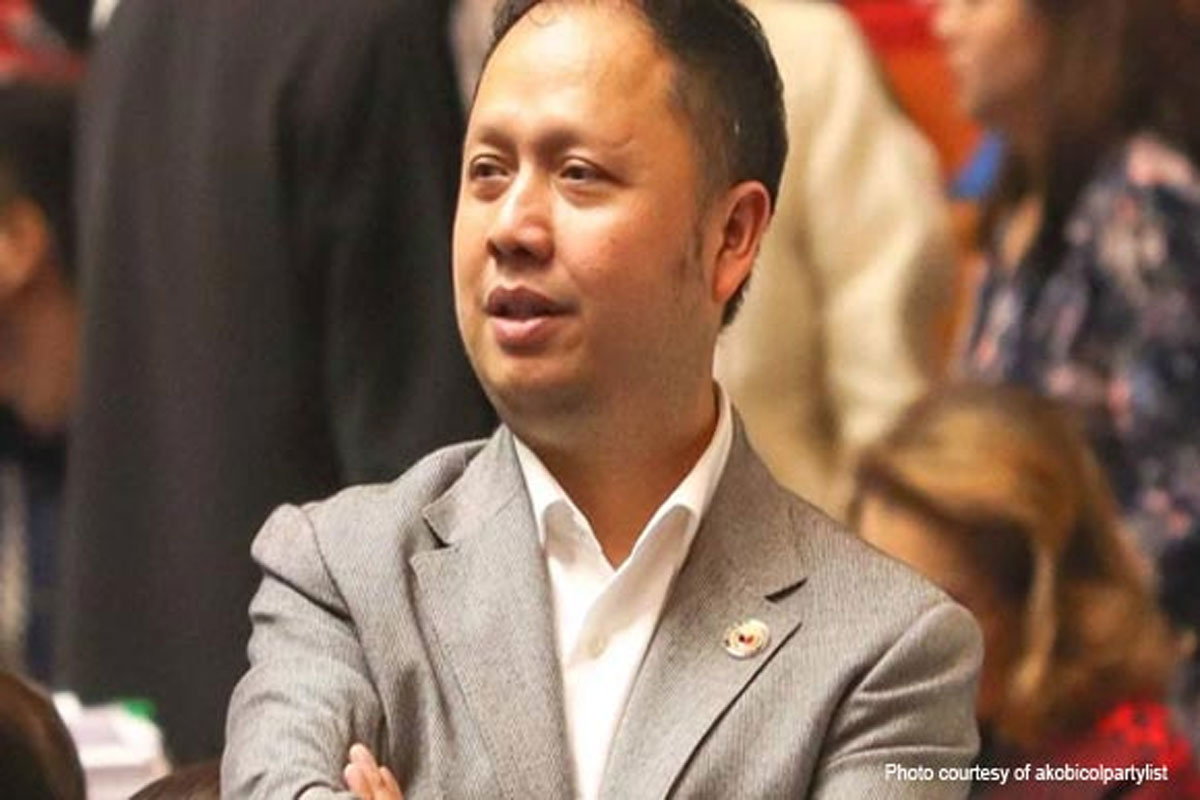
Proposed DILG budget to help, boost pandemic recovery
THE P251.18-billion proposed budget of the Department of the Interior and Local Government (DILG) will help the Philippines recover from the socio-economic impact of the unprecedented pandemic, House Committee on Appropriations chairperson and Ako Bicol Party-list Representative Zaldy Co said Thursday.
Noting the key role that LGUs (local government units) perform in pandemic response, Co said, “Our road to optimum economic recovery and attaining the fulfillment of our agenda for prosperity lies in the enhancement of the capacity of LGUs to efficiently perform devolved services and functions toward greater devolution.”
“Thru this budget, we must strengthen LGUs’ capacity to recover from the socio-economic impact of the COVID-19 pandemic. [We must also] institutionalize LGU preparedness and resilience to natural disasters and in managing risks and crises,” Co said during the budget hearing.
DILG’s focus on public safety is demonstrated in its proposed budget allocation. As the government steps up its fight against insurgency, criminality, and illegal drugs to ensure people’s safety, DILG’s Philippine National Police (PNP) expectedly got the highest proposed budget allocation at P191.496 billion.
The department’s Philippine Public Safety College (PPSC) received the biggest bump from its 2022 budget. It received a 11.44% budget hike to P719.409 billion in 2023 from this year’s P645.573 billion.
The proposed budget also shows that DILG prioritizes and addresses the needs of women, youth, and Muslim Filipinos. Its Philippine Commission on Women is allocated P109.207 million; its National Youth Commission, P126.653 million; and its National Commission on Muslim Filipinos, P744.671 million.
Aside from the DILG budget, Co is also hearing next year’s budget of the Judiciary (P52.72 billion), the Department of Energy (DOE) (P2.222 billion), and the Energy Regulatory Commission (ERC) (P1.038 billion).
Co cited the innovations introduced by the Supreme Court (SC) that “enable[d] the Judiciary to face the challenges of dispensing justice in a world disrupted by the COVID-19 pandemic.”
Among them are the Philippine Judiciary365 app and the Judiciary Electronic Payment System. The Philippine Judiciary365 app—deployed to all courts nationwide as the platform for videoconferencing hearings (VCH)—allowed for continued hearings of cases under the strictest health protocols.
On the other hand, the Judiciary Electronic Payment System—currently implemented in pilot first-level courts—streamlines the processes of assessment and payment of legal court fees.
Co said these pandemic innovations by the SC effectively “increase public access to judicial services [and are thus] worth praising and mentioning.”
He also congratulated the SC for “the success of the first-ever digitalized and regionalized Bar Examinations held in February this year with 11,402 examinees, with the results released in a record-breaking time at barely two months after.”
“We look forward to more Judicial innovations to deliver efficient and accessible justice in real-time to the public,” Co said.
On DOE’s proposed P2.222 billion, the House appropriations chair noted that over 20% of DOE’s allocation addresses climate change issues.
Co said the following DOE programs will help the country withstand the shocks expected from climate change: Energy Efficiency & Conservation Program (P252.354 million), Renewable Energy Development Program (P145.214 million), and Alternative Fuels & Technologies Program (P78.862 million).
Among its many targets for 2023, the ERC said it seeks to fully implement its Green Energy Option, Net-Metering, and Retail Aggregation Program.



















